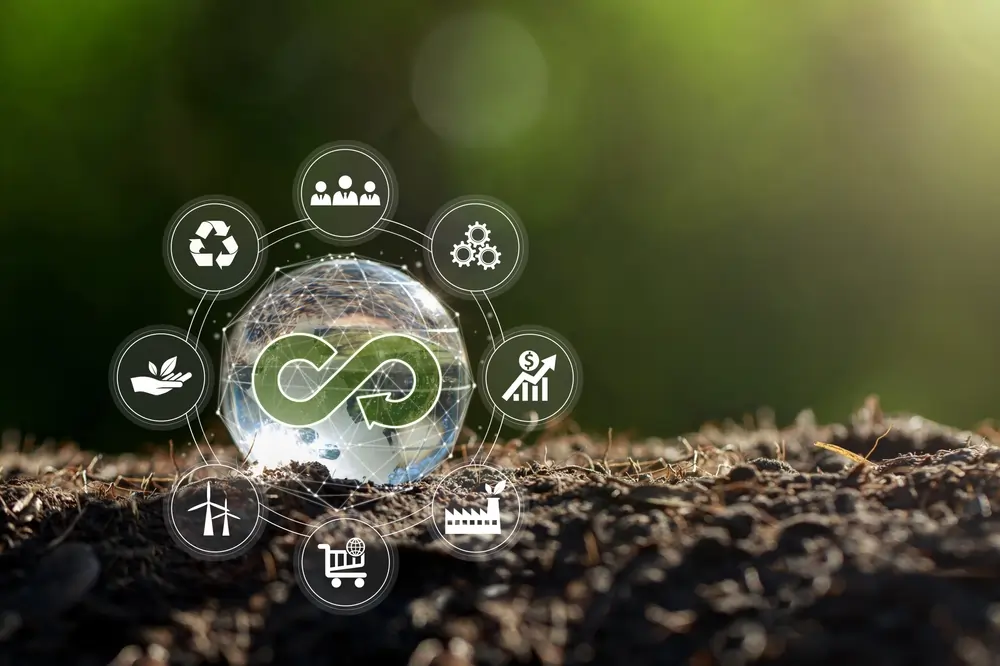Global sustainable development is not just a goal but a necessity for the future of our planet. As we face unprecedented environmental challenges, the need for sustainable solutions has never been more pressing. From combating climate change to preserving biodiversity, global sustainable development aims to meet the needs of the present without compromising the ability of future generations to meet theirs. This article will explore the key aspects of Global Sustainable Development and highlight the importance of initiatives like the conservation of whale sharks in St Helena.
Understanding Global Sustainable Development
Global sustainable development encompasses a broad range of practices and policies that promote environmental, social, and economic sustainability. It aims to balance these three pillars to ensure long-term prosperity for all. The United Nations has outlined 17 Sustainable Development Goals (SDGs) that serve as a blueprint for achieving a better and more sustainable future. These goals address issues such as poverty, hunger, health, education, clean water, and climate action.
Environmental Sustainability: Protecting Our Planet
Environmental sustainability is a critical component of global sustainable development. It involves practices that protect natural resources, reduce pollution, and mitigate the effects of climate change. Some key strategies include:
- Renewable Energy: Transitioning from fossil fuels to renewable energy sources like solar, wind, and hydropower is essential for reducing greenhouse gas emissions.
- Biodiversity Conservation: Protecting the planet’s diverse ecosystems and species is vital for maintaining ecological balance. This includes efforts to conserve endangered species and their habitats.
- Sustainable Agriculture: Implementing farming practices that minimize environmental impact, such as organic farming and agroforestry, can help preserve soil health and reduce deforestation.
Social Sustainability: Fostering Inclusive Growth
Social sustainability focuses on creating equitable and inclusive societies where everyone has access to basic needs and opportunities. This includes:
- Education and Healthcare: Ensuring access to quality education and healthcare services for all individuals is fundamental for social development.
- Gender Equality: Promoting gender equality and empowering women and girls is crucial for building resilient communities and economies.
- Community Engagement: Encouraging community participation in decision-making processes helps to create policies that reflect the needs and aspirations of the people.
Economic Sustainability: Building Resilient Economies
Economic sustainability involves creating systems that support long-term economic growth without depleting natural resources or harming the environment. Key aspects include:
- Sustainable Business Practices: Encouraging businesses to adopt eco-friendly practices, such as reducing waste and using sustainable materials, can contribute to a greener economy.
- Green Jobs: Investing in green technologies and industries can create job opportunities while promoting environmental sustainability.
- Responsible Consumption: Promoting responsible consumption patterns, such as reducing waste and choosing sustainable products, can help lower the environmental impact of economic activities.
The Role of Whale Sharks in Global Sustainable Development
One fascinating example of sustainable development in action is the conservation of Whale Sharks in St Helena. These gentle giants are not only awe-inspiring creatures but also play a crucial role in the health of marine ecosystems. St Helena, a remote island in the South Atlantic Ocean, has become a haven for whale sharks, offering a unique opportunity for sustainable tourism and marine conservation.
Why Whale Sharks Matter
Whale sharks are the largest fish in the world, reaching lengths of up to 40 feet. Despite their size, they are filter feeders, consuming plankton and small fish. Their presence is an indicator of a healthy marine ecosystem. By conserving whale sharks, we also protect the marine habitats they inhabit, which are vital for numerous other species.
Sustainable Tourism in St Helena
St Helena has embraced sustainable tourism as a means to protect its unique marine biodiversity. The island offers whale shark tours that are strictly regulated to ensure minimal impact on the animals and their environment. This approach not only provides economic benefits to the local community but also raises awareness about the importance of marine conservation.
Conservation Efforts
Conservation organizations in St Helena are actively involved in research and monitoring programs to better understand the behavior and migration patterns of whale sharks. These efforts are crucial for developing effective conservation strategies and ensuring the long-term survival of this iconic species.
The Importance of Global Collaboration
Climate Change Review Achieving global sustainable development requires collaboration at all levels—from local communities to international organizations. Governments, businesses, and individuals must work together to create and implement policies that support sustainable practices. Initiatives like the conservation of whale sharks in St Helena demonstrate how targeted efforts can have a positive impact on both the environment and local communities.
Conclusion
Global sustainable development is a complex but essential goal for the future of our planet. By promoting environmental, social, and economic sustainability, we can create a world where both people and nature thrive. The conservation of whale sharks in St Helena serves as an inspiring example of how sustainable practices can protect biodiversity while supporting local communities. As we continue to face the challenges of climate change and environmental degradation, it is more important than ever to commit to sustainable development and work towards a greener, more equitable future for all.





Comments